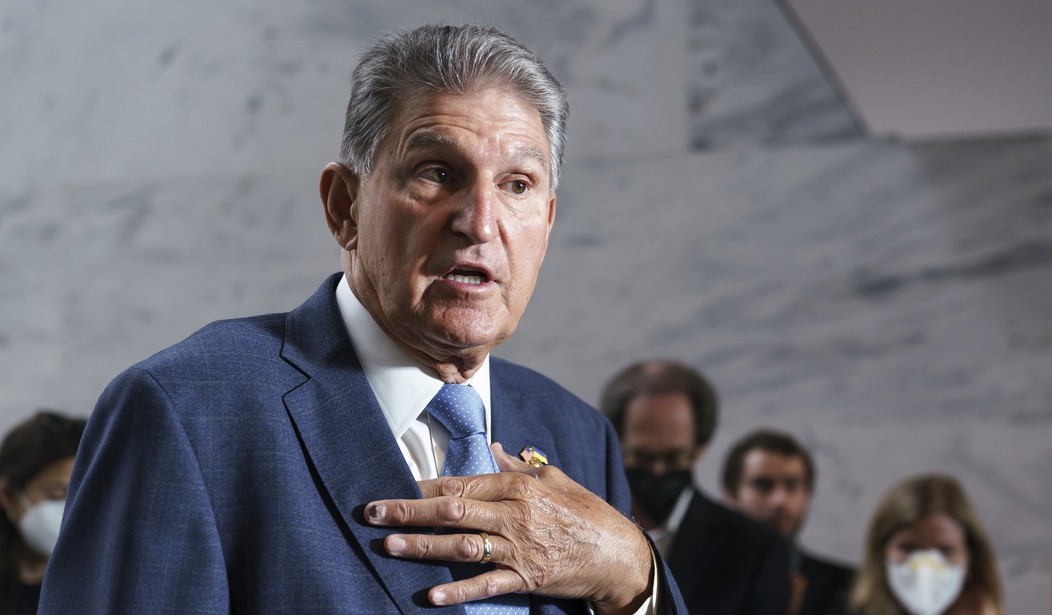A strange court battle is playing out in Arizona between the No Labels party and Democratic Arizona Secretary of State Adrian Fontes. No Labels is claiming that they can prevent down-ballot candidates from running on their party line, even if the candidate has registered under their party’s banner. The Secretary of State, who must authorize the ballot and monitor the election process, disagrees, saying that tens of thousands of voters could be disenfranchised if that were done. But an Obama-appointed federal judge ruled in favor of No Labels yesterday, opening the door to a showdown involving party transparency and voting rights and access. (Associated Press)
No Labels, the group preparing for a possible third-party presidential campaign, can prohibit members from using its ballot line to run for office in Arizona, a federal judge ruled Tuesday.
The decision protects the group’s efforts to maintain control and secrecy around its operations and finances as Donald Trump critics warn that No Labels could help return Trump to the White House by siphoning voters who might otherwise vote for the former president.
A judge blocked Arizona Secretary of State Adrian Fontes from recognizing candidates wanting to run for office under the No Labels banner aside from the party’s yet-to-be-chosen ticket for president and vice president.
Neither side in this fight comes out looking particularly heroic. No Labels isn’t opposed to other party members running for office. What they’re trying to do is keep the names of their donors secret. Arizona election law requires parties to name their donors in most cases, but No Labels argues that as long as they aren’t fielding any candidates for state or local offices in Arizona and only proposing presidential and vice presidential candidates, the law doesn’t apply to them. The judge apparently agrees.
The position being taken by the Arizona Secretary of State is equally dubious. Adrian Fontes is a Democrat and likely doesn’t care much about down-ballot races and candidates from a party with roughly 19,000 registered members in a state with a population north of three million. But she does want the No Labels name splashed around as much as possible because she believes that having a No Labels presidential candidate will draw more votes away from Donald Trump than Joe Biden in a state that Biden only carried by 11,000 votes last time. She’s even come out and warned that the ruling “could put Trump back into office.”
I have no idea why the judge ruled in this fashion. Typically, anyone can change their voter registration, choosing to be registered as a Republican, a Democrat, or any other third party. (Or they can choose to be unaffiliated with any party at all and register as an independent.) Any qualified person can declare themselves to be a candidate for office identifying as a member of the party they choose. The Democrats and Republicans can’t just knock someone off of their ballot line because they don’t like them. Why should No Labels be able to do that?
Of course, most established parties of any size hold a primary election or caucus to determine who goes on to the general election and the voters decide who shows up on each line. Some smaller parties, such as the one I belong to, hold a convention to make the determination. You don’t generally see some sort of Grand Poobah picking winners and losers up and down the ballot on a whim. Yet that sounds like what No Labels is attempting to do here, except they are picking nobody for all of the offices below the national level.
It remains debatable whether a No Labels candidate would suck enough votes away from the major party candidates to make a difference or who they would damage the most. That will depend on who they run. But what No Labels is trying to do here definitely sounds shady. They know they can’t actually win the White House, but they will pretend that they might be able to so they can act as spoilers.









Join the conversation as a VIP Member